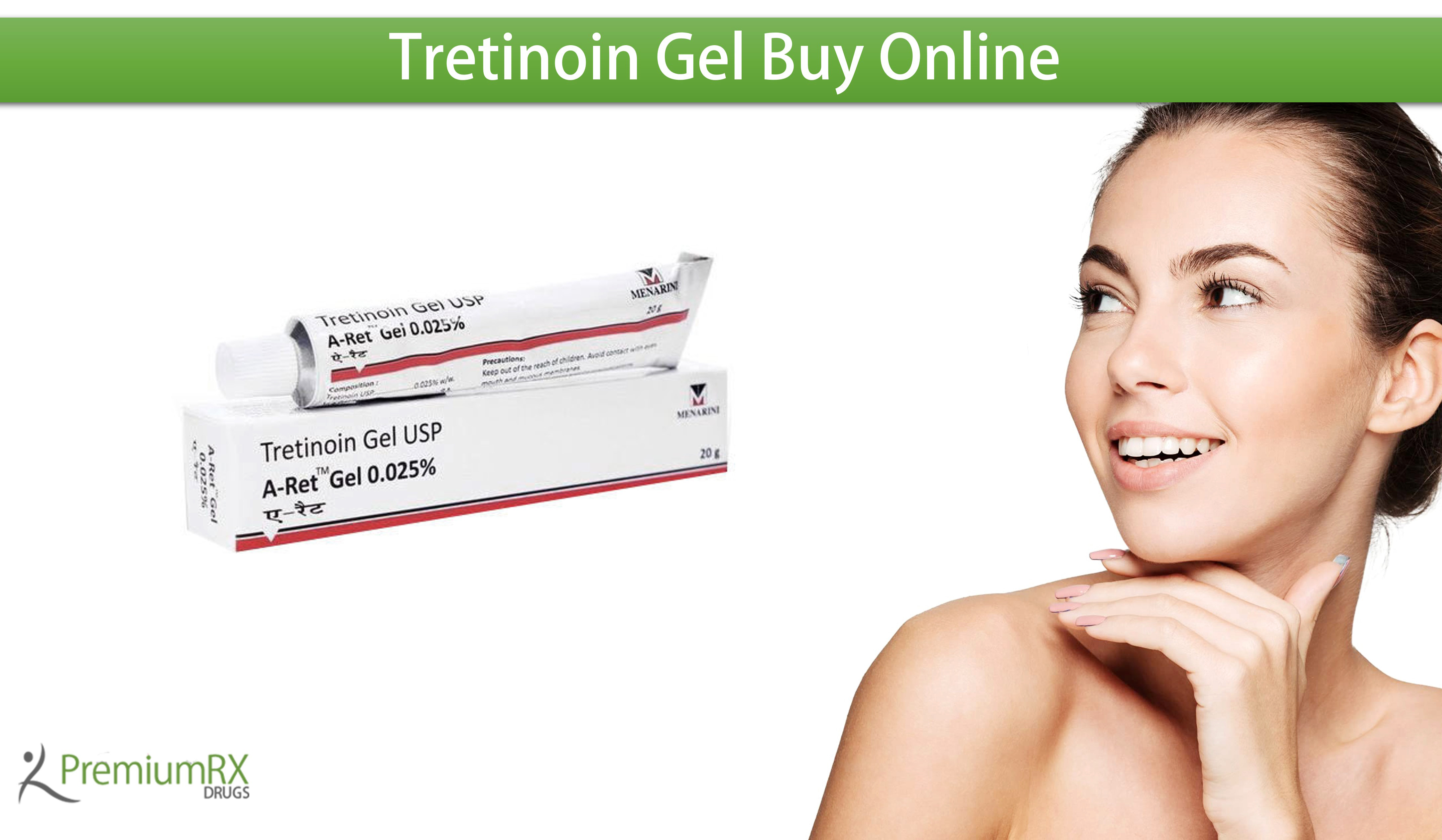If you are one of the millions of people in the USA who have suffered from acne vulgaris at some point in their lives, you are aware of a variety of anti-acne products available. Many prescription topical, oral, and over-the-counter acne products are used to manage acne. One of those prescription topical anti-acne products that can be used is Tretinoin. Brand names for this medicine include A Ret, Retin A, Retino A, and Tretin.
Tretinoin is a retinoid, a vitamin A derivative that helps with many skin issues by allowing the skin to produce new skin cells. Your dermatologist will typically try other anti-acne products before recommending retinoids like Tretinoin. These anti-acne medications are usually benzoyl peroxide, salicylic acid, antibiotics, or sulfur derivatives. In addition, your dermatologist may suggest an over-the-counter retinol before prescribing a stronger prescription such as Tretinoin. Although quite effective as an anti-acne agent, there are some adverse effects associated with its use. Some common ones include pain at the application site and skin irritation (burning sensation, tingling, stinging, redness, and blistering). A good skin moisturizer may help reduce skin irritation, excessive dryness issues, and associated peeling.
Topical Tretinoin is used not only in managing acne vulgaris but also for other anti-aging purposes, such as reducing fine lines and wrinkles on the face, improving dark spots, and improving rough skin or overall skin tone. For optimal results, while using topical retinoids, it is suggested that sunscreen be used with a minimum of SPF 15.
Alternatives of Tretinoin
Although tretinoin formulations may successfully manage multiple skin issues, sometimes medicines may not be effective for everyone, or there may be some unwanted adverse effects associated with their use. The good news is that there are many alternatives available that your dermatologist may offer if you feel topical Tretinoin is not effective enough for you.
Popular Tretinoin alternatives are:
- Differin
Differin-containing Adapalene is also a retinoid indicated for the management of acne vulgaris. It also treats dark spots and rough skin caused by actinic keratosis. It is available in tretinoin gel, cream, or lotion in 0.1% concentration, but only the gel is found in the 0.3% concentration. Topical medication can be found over the counter in the US. It is known to be the least irritating among retinoids, making it perfect for even daytime applications. Differin may cause local irritation to the skin, dryness, redness, and peeling with its use.
- Tazorac
Like Differin, Tazorac is also a third-generation topical retinoid. This retinoid is approved for managing acne and is the only formulation approved for plaque psoriasis. Children as young as twelve can use this topical formulation only under the supervision of a dermatologist. It is one of the more potent retinoids available in either cream or gel in 0.05% or Tretinoin 0.1% gel concentration. Tazarotene has been associated with redness, dryness, itching, skin irritation, and worsening of psoriasis (Tazorac).
Natural alternatives to Tretinoin
Some natural retinoids are coming into the limelight and becoming popular alternatives to prescription retinoids. Some examples include rambutan (a bright red fruit that enhances skin’s natural collagen production), bakuchiol (a botanical extract that is derived from bakuchi plant seeds), and rosehip (oil extracted from rosa canina rose bush). Traditional alternatives include seaweed extract, mango butter, and sunflower seed oil.
Tea tree oil has also been researched as a good alternative to benzoyl peroxide for acne and can be effectively utilized as an effective spot treatment. Green tea and apple cider vinegar have antibacterial properties that may help reduce the appearance of acne. These natural remedies can be used instead of prescription antibiotics. Other topical perpetration for acne includes witch hazel, which offers a soothing effect on irritated and inflamed skin. This natural remedy is believed to dry out acne, acting as an astringent. Another remedy, aloe vera, has salicylic acid and sulfur, considered popular acne treatments.
Switching to a Tretinoin alternative Tretinoin can be discontinued anytime with no negative impact on the skin. The effects of using this topical medication may reverse themselves over time, such as acne or fine wrinkles may return. If you are switching to different topical medicines that can cause peeling, you will want to monitor things closely, as sometimes the combination of a retinoid and other skin care products may contribute to skin irritation and excessive peeling. Whether you stick with tretinoin therapy or switch to one of its alternatives, your dermatologist may help.
Marie
Latest posts by Marie (see all)
- Revize Micro Gel 0.025% | Uses, Price, Side effects - April 9, 2025
- What is Evalon Cream: How to Apply, Benefit, who Can Use - April 4, 2025
- Understanding Avanair 200 mg: A Comprehensive Guide - April 4, 2025




